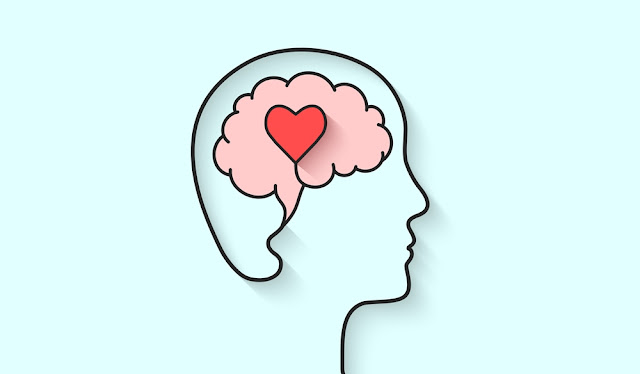Mental health conditions can be debilitating and all-encompassing, impacting every aspect of a person's life. When someone is struggling...
Mental health conditions can be debilitating and all-encompassing, impacting every aspect of a person's life. When someone is struggling with intense symptoms, seeking professional help is crucial. While therapy and medication are often the primary forms of treatment, some individuals explore the potential benefits of complementary approaches, including supplements.
Understanding the Intensity of Mental Health Struggles
The intensity of a Mental Health condition can vary greatly. Some individuals may experience mild symptoms that are manageable with lifestyle changes or coping mechanisms. However, others face severe and persistent symptoms that significantly interfere with their daily functioning. These individuals often require a more intensive level of care, including medication and therapy.
Common Mental Health Conditions Requiring Intensive Treatment
Several mental health conditions can necessitate intensive treatment approaches. These include:
Major depressive disorder: Characterized by persistent feelings of sadness, hopelessness, and loss of interest in activities once enjoyed.
Bipolar disorder: Involves extreme mood swings between mania and depression.
Schizophrenia: A psychotic disorder characterized by hallucinations, delusions, and disorganized thinking.
Obsessive-compulsive disorder (OCD) is characterized by intrusive thoughts and repetitive behaviors.
Post-traumatic stress disorder (PTSD): Develops after experiencing or witnessing a traumatic event and can cause flashbacks, nightmares, and hypervigilance.
Click Here to Visit the Official Website for Availability and Other Details
The Role of Supplements in Mental Health Treatment
Supplements are not a substitute for professional mental health care. However, research suggests that certain supplements may play a supportive role in managing symptoms alongside conventional treatment.
Potential Benefits of Supplements for Mental Health
Some supplements that have shown promise in supporting mental health treatment include:
Omega-3 fatty acids: These essential fats have anti-inflammatory properties and may be beneficial for depression, anxiety, and bipolar disorder.
Vitamin D: Deficiency in vitamin D has been linked to depression, anxiety, and schizophrenia. Supplementation may improve mood and cognitive function.
B vitamins: Certain B vitamins, such as B6 and B12, are essential for neurotransmitter function and may help manage anxiety and depression.
Magnesium: This mineral plays a role in regulating mood and sleep. Magnesium deficiency has been linked to depression and anxiety.
Probiotics: These gut bacteria may influence mood and mental well-being. Probiotic supplementation may be beneficial for anxiety and depression.
Click Here to Visit the Official Website for Availability and Other Details
Important Considerations When Taking Supplements for Mental Health
Before taking any supplements for mental health, it is essential to consult with a healthcare professional. Some supplements can interact with medications or have other side effects. Additionally, it is important to choose high-quality supplements from reputable sources.
Remember:
- Supplements are not a magic bullet for mental health.
- They should be used alongside professional treatment, not as a replacement.
- Always talk to your doctor before taking any supplements.
- Supporting the Intense Patient: A Holistic Approach
For individuals experiencing intense mental health symptoms, a comprehensive and holistic approach to treatment is essential. This may include:
Psychotherapy: Therapy can help individuals understand their condition, develop coping mechanisms, and improve their overall well-being.
Medication: In some cases, medication can be an effective tool for managing symptoms.
Lifestyle changes: Eating a healthy diet, exercising regularly, and getting enough sleep can all contribute to improved mental health.
Supplements: Certain supplements may provide additional support when used in conjunction with other treatment modalities.
Click Here to Visit the Official Website for Availability and Other Details
Conclusion
Mental health is a complex issue, and there is no one-size-fits-all approach to treatment. For individuals experiencing intense symptoms, seeking professional help is crucial. While supplements may offer some support, they should never be used as a replacement for conventional treatment. A holistic approach that addresses the physical, emotional, and social aspects of mental health is essential for long-term recovery and well-being.










No comments